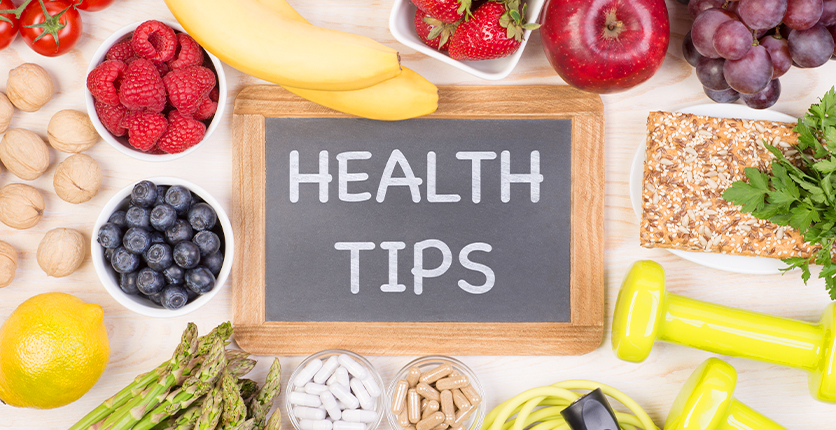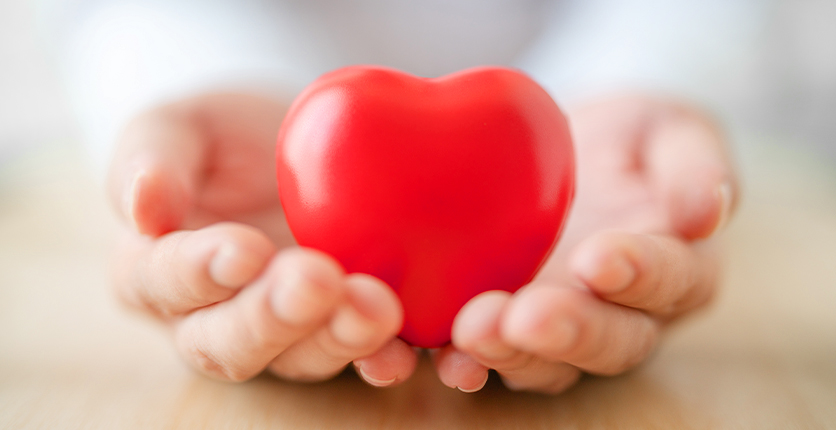It’s the most wonderful time of the year, and for many of us, also the busiest and most stressful, which is why it’s important to take extra good care of yourself as Christmas and New Year approach. Here are tips to maintain your physical and mental wellbeing as you celebrate with family and friends.
1. Protect your mental health

With all the shopping to do, meals to prepare, and gatherings to host and attend, it’s important to keep your calm, says Dr Koh Choong Hou, Consultant Cardiologist of Healthway Medical Group.
“My three tips to get through the season are task prioritisation – ensuring that important activities get the most attention and letting the less important ones slide; load sharing and delegation – festive errands, chores and the like can and should be shared amongst your loved ones; and scheduling breaks, to give yourself time to recharge.”
Dr Koh warns about a little-known condition called Happy Heart syndrome, a heart-brain interaction with sympathetic overdrive, where the body is pushed to react in order to cope with extra stimuli which may lead to abnormal heart rhythms (atrial fibrillation).
“Triggers include anticipation of holidays, the arrival of grandchildren, and even indulging in a hobby like gardening. But the most common causes are celebrations with family and friends.
“So, while you celebrate the season, take note if you feel your heart beating abnormally; stop what you’re doing and call for immediate help before it gets more serious, as you may be experiencing the first signs of acute heart failure.”
2. Don’t lose sleep
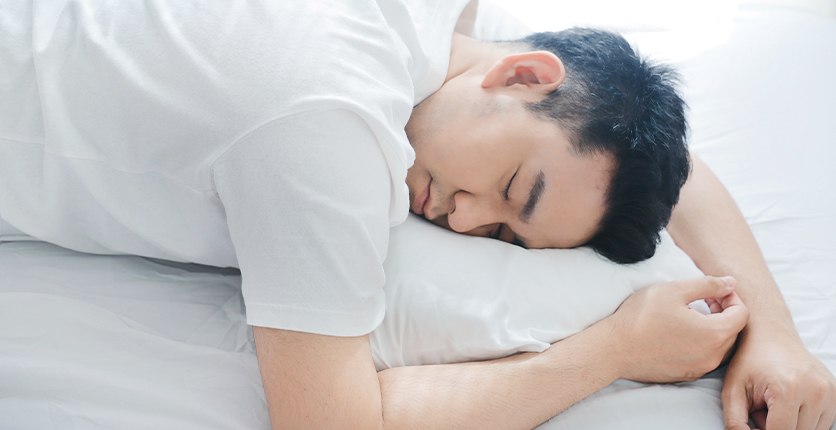
Sleep is critical for your mental and physical health. According to Dr Melvyn Wong, Family Physician and Consultant, Raffles Medical, a lack of sleep can raise levels of the stress hormone, cortisol, in your body, weaken your immune system, and make you more likely to overeat.
Aim for seven to eight hours of quality sleep every night. Stick to a regular sleep schedule on weekends as well, avoid caffeine and alcohol close to bedtime, and create a calming wind-down routine – think dim lights, a warm shower, or reading. If you struggle with racing thoughts, try journalling before bed to clear your mind.
Get more tips on how to have a better night’s sleep.
3. Keep up your regular exercise routine

If you have an established exercise routine, continue with it even during the busy holiday season, Dr Koh suggests. Blocking time out on your calendar, or having an exercise buddy to hold you accountable, can be useful.
If you’ll be holidaying overseas, find ways to stick to your regular workouts, too. Find a routine that can be done in your hotel room, use the hotel’s fitness facilities, or try a different activity from your usual one.
Here’re more tips on how to stay fit and healthy while travelling.
4. Indulge – but don’t go overboard
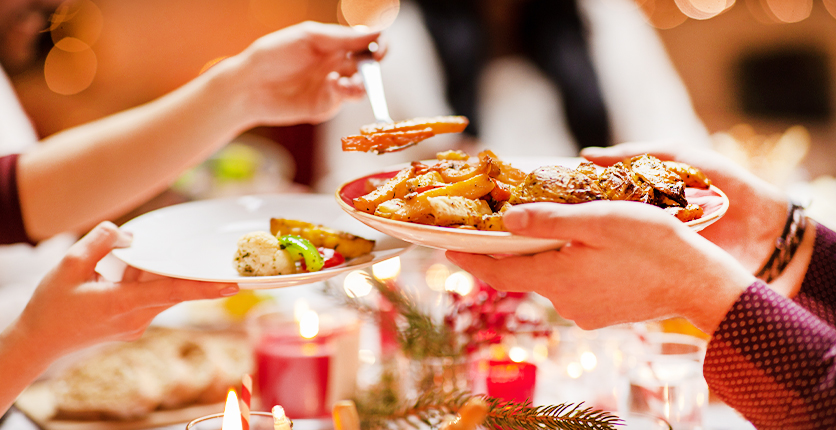
Festive foods like glazed ham, roast turkey, pudding, log cake, shortbread cookies and mince pies tend to be loaded with sodium, sugar, fat and calories, which is why you need to be more mindful when sitting down to a meal.
“Start each meal with fibre-rich vegetables and protein with good fats, as they promote satiety, and control your carbohydrate intake,” says Dr Wong.
“Remember to chew slowly and to pause between bites, as this gives your brain time to register fullness. Avoid mindless snacking in front of the television by plating your food, so that you can see exactly what you’re eating. Research suggests that eating smaller, more frequent meals throughout the day can help prevent overeating.
“Another useful tip is to keep yourself accountable. Whether it’s the festive season or not, weigh yourself daily and track your weight. The best time to do this is first thing in the morning after your toilet routine. This will give you some insight into how your diet and exercise and sleep patterns affect your weight.”
Dr Koh also recommends drinking extra water before eating to partially fill your stomach, and interspersing festive feasting with healthier, more balanced meals.
5. Watch your alcohol intake

It’s not advisable to drink excessively, no matter the time of year, says Dr Koh.
“We do see more cases of arrhythmia (irregular heartbeat) during the festive season – these are normally caused by excessive alcoholic intake. Affected persons may experience shortness of breath, unusual and persistent giddiness, heart palpitations or extreme lethargy – all preliminary signs of sudden heart failure.
“The standard recommendations for daily alcohol intake limits for heart health are two units for men and one unit for women. Binge drinking can be hazardous and may occasionally trigger abnormal heart rhythms. It’s best to consult with your healthcare provider if you have underlying heart diseases, or experience unusual palpitations after drinking alcoholic beverages.”
6. Practise gratitude and mindfulness
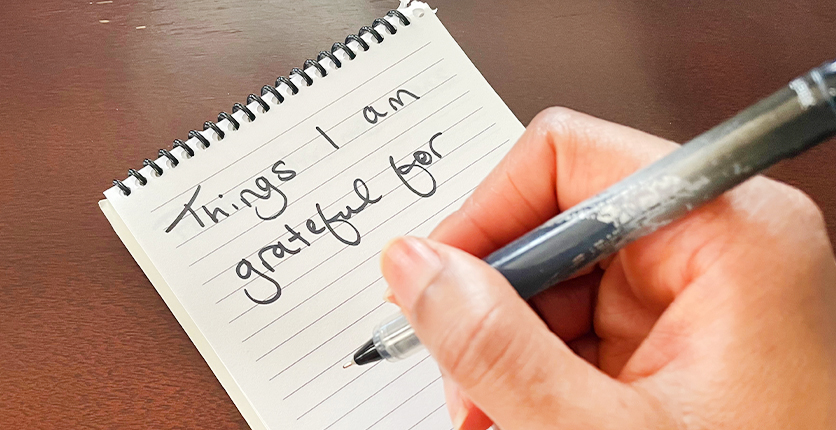
It’s easy to get caught up in the stress of the holidays and lose sight of what’s important. Dr Wong advises you to take moments throughout the day to reflect.
“The festive season should be about joy, connection, and taking care of yourself, not just checking off a list of things to do.
“Mindfulness has been shown to reduce stress and anxiety. A simple five-minute breathing exercise or guided meditation can centre you. Writing down three things that you’re grateful for every day can also shift your focus to the positive, even during stressful moments.”
Read more about why taking time for yourself and self-care is important.
7. Get some fresh air

“If you’re stuck indoors at a family gathering and have nothing to talk about with your relatives, sneak out for a short walk and get some sunlight and fresh air,” says Dr Wong.
“Exposure to sunlight can boost your mood and regulate your circadian rhythm. It also increases levels of a hormone called serotonin, helping to fend off the festive blues.”
Aim for 15 to 20 minutes of sun exposure daily, and remember to apply sunblock beforehand.
SAFRA members enjoy member rates on health screenings at Healthway Screening and Raffles Medical clinics. For the full list of healthcare benefits, go to safra.sg/promotions/
Want more wellness articles like this, and other lifestyle content right in your inbox? Download the new SAFRA mobile app and opt in for the eNSman Newsletter – you don’t need to be a SAFRA member to subscribe – and never miss another story!






